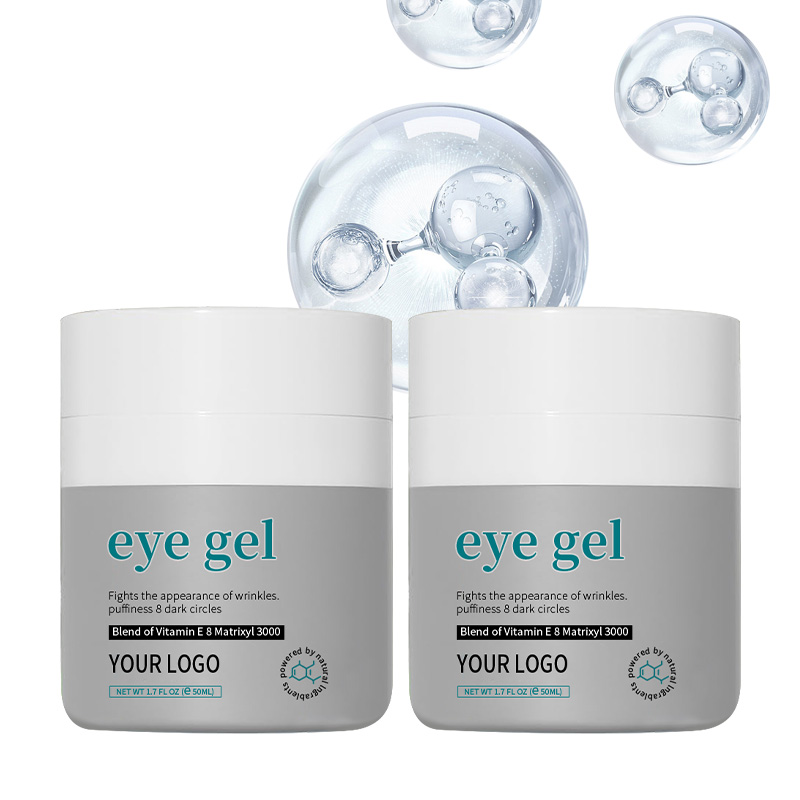Some clients ask me this question, which is also a question that those who want to enter the cosmetics industry and create their own brands might want to know.

If we are engaged for OEM cosmetics processing, do our factory provide the product formula? Or do brands need to prepare their own formulas when contracting us to process cosmetics? Can cosmetics manufacturers help with product development?
For cosmetics products, the formula is the core of the product—it determines its efficacy.
In OEM cosmetics processing, there are several scenarios regarding formula and product issues.
1. Brand Provides Its Own Product Formula
Cosmetics brands with their own R&D teams are willing to invest in product development, which means their products won't use factory-provided formulas. When working with cosmetics manufacturers, they simply rely on the factory to ensure production quality.
2. Factory-Provided Formula
For cosmetics startups without their own R&D teams, the factory will provide existing formulas that meet the customer's requirements based on the production cost and price budget, as well as the desired efficacy range. They offer customers a selection of products. This means they can sample and experience the product, and if satisfied, they can produce based on the experience.
3. The factory develops products according to specifications.
If a customer is dissatisfied with a factory's existing formula after experiencing it, they can negotiate with the factory to create a new product according to their specifications, or to create a high-quality imitation of a specific brand. (High-quality imitation here means similar efficacy and skin experience, or an upgraded version of the original product, but the formula proportions may not be exactly the same.)
So, if a cosmetics brand uses a formula provided by a factory or developed on its behalf, who owns the rights to that formula?
During the contract period with the factory, the product formula is licensed to the brand by the factory. The same formula will not be used by two brands simultaneously. This is a safeguard for the brand.

